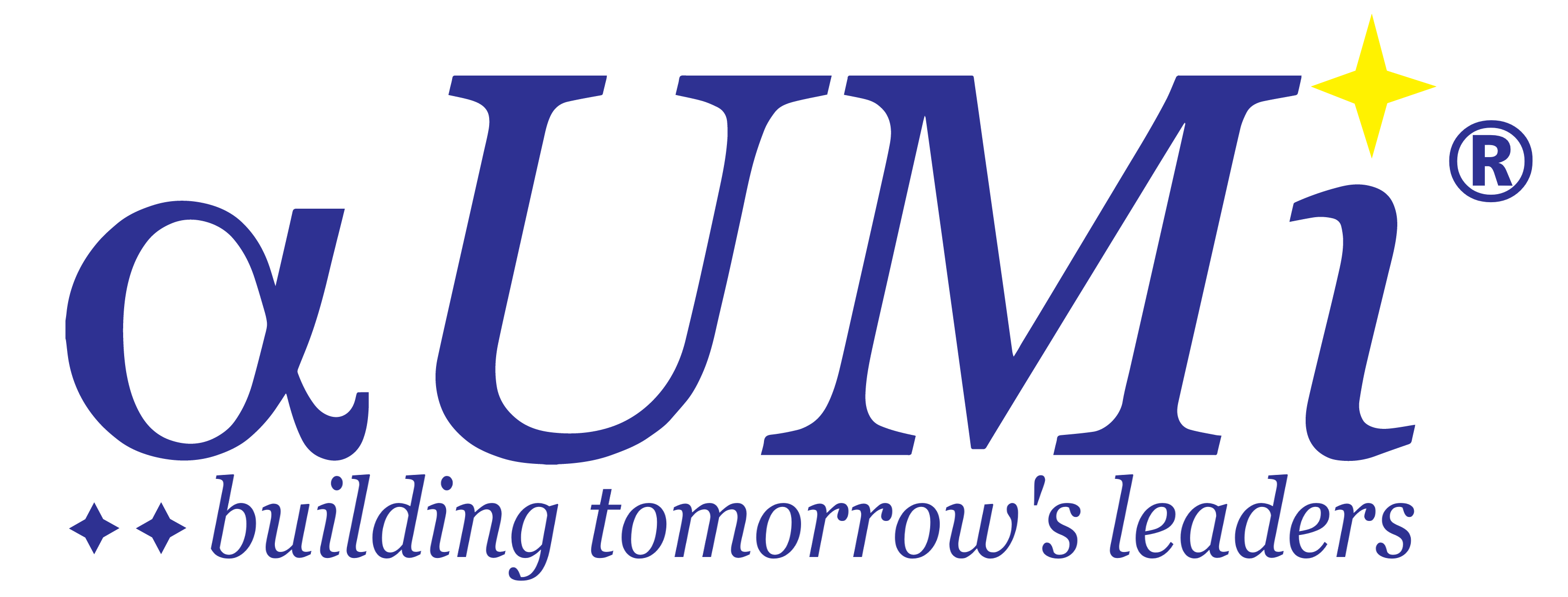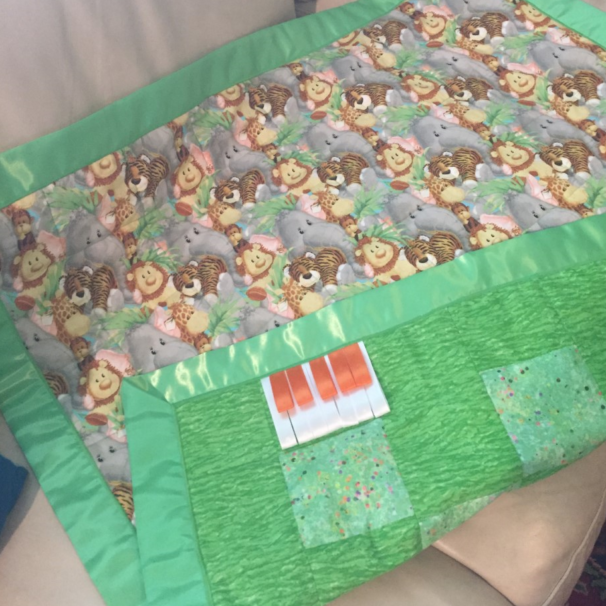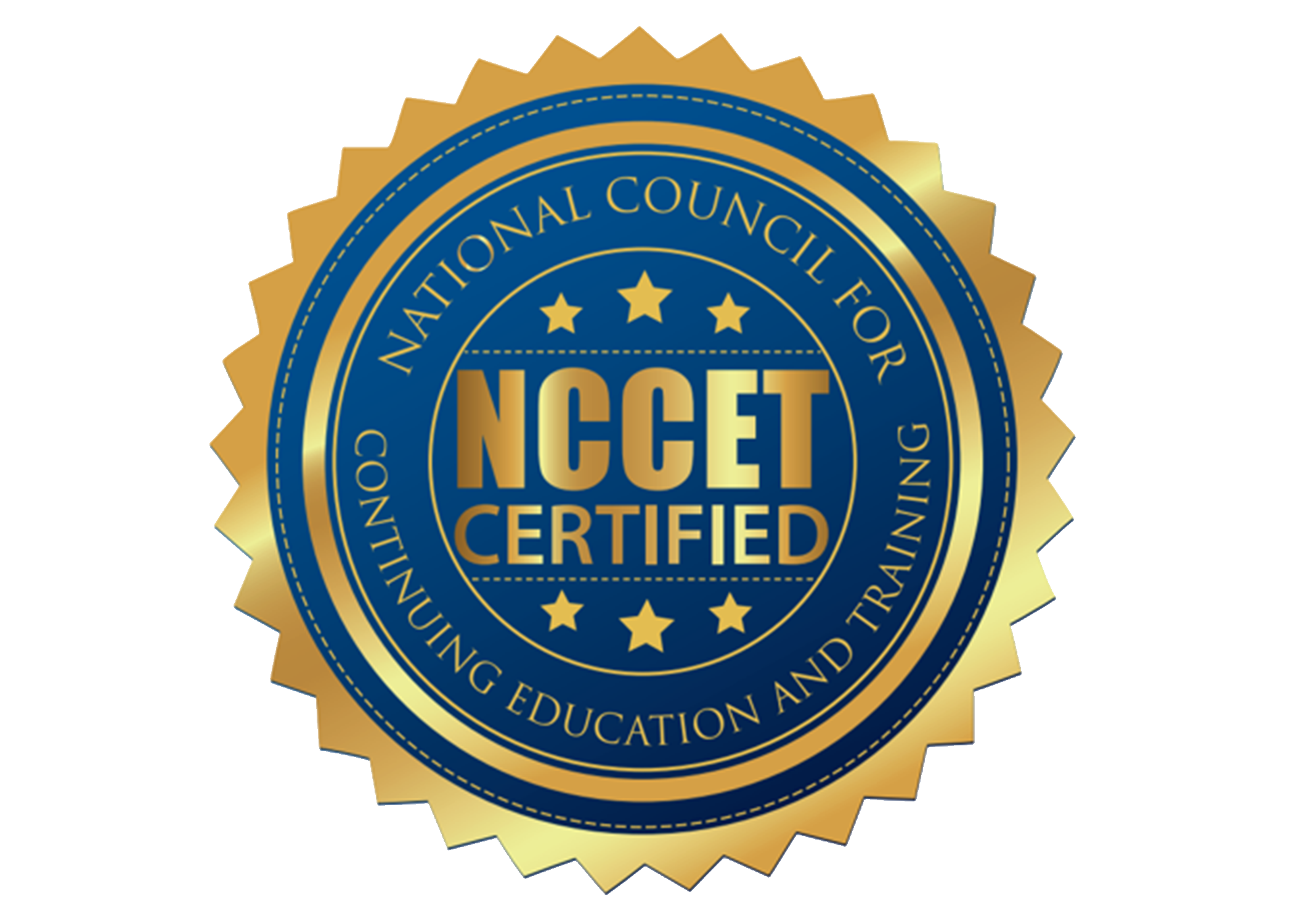This past week I researched topics related to setting boundaries. I’ve conducted this research for one of our new Build-Your-Own-Program workshops that we are releasing this summer.
As I contemplated which exercises and discussion points to add to it, it hit me square in the face that I need to do a much better job in my own life of setting boundaries, and self-care in general. I’ve also realized that I am doing a much better job of self-care than I did five years ago. I am not the same person now that I was then.
So, what’s changed?
When I started my company, I was no stranger to long hours of focused work. My consulting work often had me working tasks that took meticulous tracking through hundreds of pages of documents. When I transitioned to running a company, I took my attention to detail with me.
I’m a fan of working smart, so I always program time into my days to think. I also make sure that my best ‘thought’ hours are ones NOT spent in meetings. So, mornings, my best thought hours, are scheduled for creative work, and afternoons are when meetings are scheduled.
Setting Boundaries
The differentiator, though between consulting work and running my business, was lack of a clear boundary between me-time and work time. As a consultant for decades, I knew it was up to me to clearly delineate what went to my clients and what time was mine. This was helped by having a limit on the hours I could bill, so I confined my creative work time to those hours. If I wasn’t on the clock, I wasn’t working.
When you own the company, those lines get blurred. You take on multiple roles initially and again when you have personnel transitions. You pick up the slack because sometimes there is no one else to hand off to and it needs to get done. Over time, me-time became a distant concept that other people were encouraged to have.
Triage your Work
There is a lot of unnecessary work that crosses one’s desk in the course of the week. The trick is to know which things need addressing and which ones will die a quiet death if left to themselves. I call that triage. At this point in my career, I’m pretty good at knowing which tasks need to be addressed urgently.
I initially financed my company with a big consulting job that took me out of town four days a week, and then in the office the other three. All my days were long. I’d be the first one in the office, usually before 7am and often before 6am. I would head home around 8 or 9pm. I was limited to twelve-hour days at my out-of-town job because I couldn’t be the only one in the building. So I’d arrive just after the early birds, and I’d leave as the last ones were exiting, which was usually a 7am to 7pm day.
I did this for three years straight.
When that job wrapped, I jumped in full time to the long hours at the office. Because by then I had taken investor money in, I didn’t take time off for vacations. Then COVID hit, we closed the office, and I continued the same schedule from home.
Last year it all caught up with me. I was exhausted. I was tired from all of the creative pivoting we needed to keep doing to stay relevant with the market place and meet our client’s needs. My staff had reduced and my VP and I were filling the gap in terms of personnel. And I found I could not stay awake any more in the afternoons. I would fall asleep on my keyboard. I woke once to a document full of ‘N’s, the letter my forehead was resting on. I wasn’t sleeping well at night. I would wake up several times during the night. I was having panic attacks. As much as I wanted to believe that everything was fine, it wasn’t. I was worn out.
So, I made some changes.
I took my first week-long vacation in 5 years. I stopped doing “work-cations” and really took downtime.
I had to find my way back to “me-time”.
Just that one short week unplugged had a profound impact on me. I began sleeping better. I started scheduling exercise time in my day. I willed myself to take time on the weekends for relationships. I stopped feeling guilty if I didn’t get 8 or 10 hours of work done on each weekend day. I started meeting friends for coffee.
And I began to sew quilts.
Quilts?
Yes, quilts. Sewing takes focus. It takes patience. You can’t rush a quilt or you will be redoing it. At best you will be ripping out stitches. At worst you will be looking at something spattered with blood from your finger that the sewing machine just put a needle through.
I’ve been sewing since my first skirt made in my 7th grade home economics class in middle school. I’ll bet that they don’t teach that anymore. From that first sewing experience, I expanded my repertoire from skirts to making a lot of my own clothing through high school. In college, I remember making a boyfriend a tailored shirt. And I learned that there were fun things to sew and things that weren’t fun. Shirt tailoring isn’t much fun.
When my sister had her first child, I welcomed my nephew with a christening outfit, homemade of course, and a baby quilt. It was the first quilt I ever made. From there, I was unstoppable. I made quilts for friend’s children, and for my own. And I found that the nicest gift back from giving a quilt is being told that the child wore it out.
A Hiatus
My quilting days took a hiatus as my children got mobile and having straight pins on the floor would be a disaster. So, I packed it all up, only taking on projects for Halloween. Turns out, my kids loved working with me on Halloween costumes. And then we began making Christmas stockings. Elaborate ones, with beautiful brocades and trim and fuzzy cuffs. That lasted about 10 years, and I still occasionally get the call for an extra one or four for friends who might be visiting my daughters over the holidays.
The demand for stockings has waned, and since last year, I create baby quilts for friends whose babies are now having babies.
Keeping some work in progress
Having a quilt in progress means I stop work at a reasonable time to be able to work on the quilt. It’s a great way to refocus my attention. This refocusing often allows me to return to a work problem and attack it from a different angle.
I’ve also been working on the art of forgiveness. I’ve been bullied in my life. It’s had lasting damage. I’ve had people who caused me great despair from their interactions. I’ve been carrying these feelings for years, and in some cases decades.
The good news is that recently I’ve been shedding the baggage through forgiveness. And as I do, I have learned that you don’t have to be ‘buddies’ with people who are bullies just because you share an interest or volunteer role in an organization. You don’t have to bring them into your life once you forgive them. The fear that you needed to forgive and forget and go back to it being as if nothing happened is what kept me from being able to forgive. Once I got better at establishing boundaries and making them clear, it was easier to forgive because I knew I wouldn’t be putting myself back in harm’s way with these people.
So, I’ve gone from a full-blown workaholic to having boundaries in my life, taking time for my mental and physical well-being, having a hobby, and taking vacations without working while I’m away. My team fully supports me on this, which I’m grateful for.
Self-care is all its cracked up to be.


